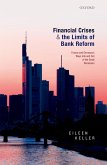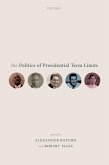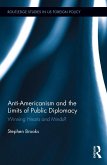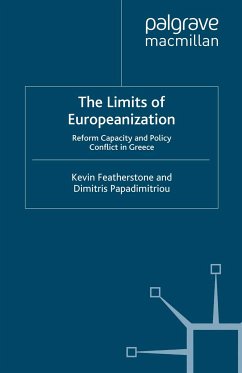Where does Europe begin and end? How have the European Union and its precursors decided which countries are eligible to join the community and which are not? Few issues are more hotly debated, more important for the course of European integration, or more consequential for individuals in and around the EU. As this book demonstrates, the limits of Europe are determined by the values shared at particular moments in time by the leaders of the community's member states, regardless of their particular policy preferences. These membership norms shape the community's decisions on enlargement by empowering certain political forces and disempowering others. And contrary to conventional wisdom, these norms have changed considerably over time. The Limits of Europe: Membership Norms and the Contestation of Regional Integration uses a novel combination of normative genealogy, statistical analysis and detailed tracing of EU decision-making on Greece, Spain, Turkey and Ukraine to demonstrate that changing membership norms have had a stronger impact on the community's enlargement since the 1950s than treaty rules, the location of the states seeking membership, or even the commercial or security interests of member states.
Dieser Download kann aus rechtlichen Gründen nur mit Rechnungsadresse in A, B, BG, CY, CZ, D, DK, EW, E, FIN, F, GR, HR, H, IRL, I, LT, L, LR, M, NL, PL, P, R, S, SLO, SK ausgeliefert werden.









